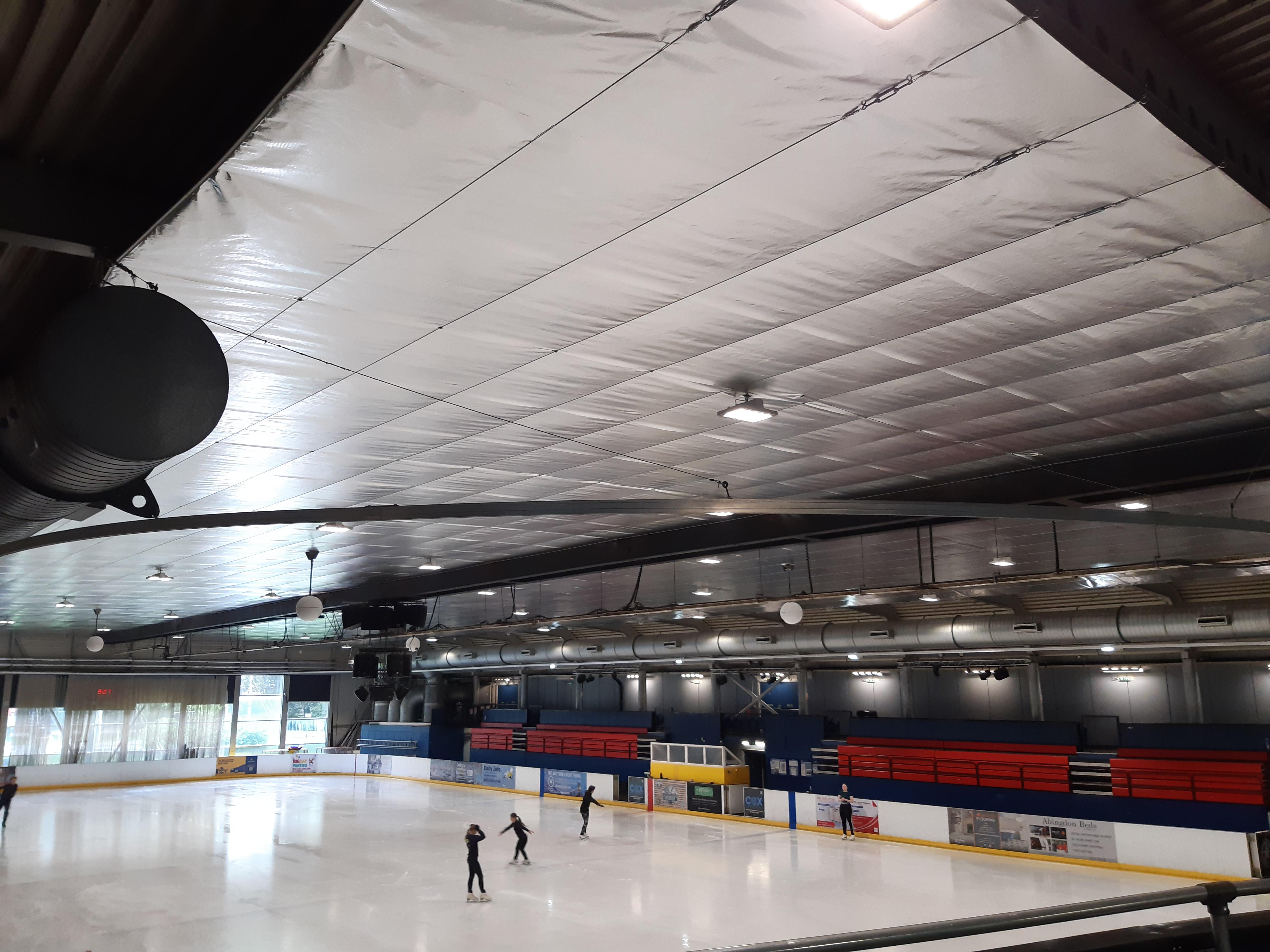-
Groundbreaking and work underway on Blackbird Leys community centre redevelopment
Construction is officially underway to deliver a new community centre in Blackbird Leys, following a groundbreaking ceremony this week.
-
Twelve new affordable homes open in East Oxford
A block of 12 new social rent homes has been officially opened in Princes Street off Cowley Road.
-
Museum of Oxford invites local businesses to join new joint ticket scheme
The Museum of Oxford has launched a call for local businesses, attractions, and cultural organisations to partner on a new programme of joint tickets and crossmarketing discounts.
-
New “20 by 30” clean air target as Oxford City Council approves its new Air Quality Action Plan
Oxford City Council has approved a new Air Quality Action Plan (AQAP) for 2026–2030, committing the city to a more ambitious target to protect residents’ health and continue Oxford’s clean air journey
-
More than £20bn in economic growth at risk unless Government tackles energy and water constraints, leaders of Fast Growth Cities warn
Published on behalf of the Fast Growth Cities group.
-
Council agrees Budget: Free bulky waste collections, action against fly-tipping and more grass verge cuts
Oxford City Council has agreed to fund free bulky waste collections, new community wardens to tackle fly-tipping and more grass verge cuts as part of its latest Budget.
-
Oxford City Council cuts leisure centre energy use by 26%, saving 523 tonnes of carbon
Oxford City Council has reduced total energy use across its five leisure centres by 26% since 2019/20, cutting more than 500 tonnes of carbon emissions as part of its ongoing decarbonisation programme

-
Statement on Kidlington Parish Council's decision to proceed with town status
Statement on Kidlington Parish Council's decision to proceed with town status
-
Cutting the ribbon on 40 new affordable homes at Fishers Vale in Marston
The official opening of Fishers Vale, a fully affordable new housing development in Marston has been marked by a ribbon-cutting event.
-
Good progress made on Oxford Town Hall facade project
The scaffolding is being removed from Oxford Town Hall; evidence of the progress made on the restoration project to clean and repair the building’s stone facade.

